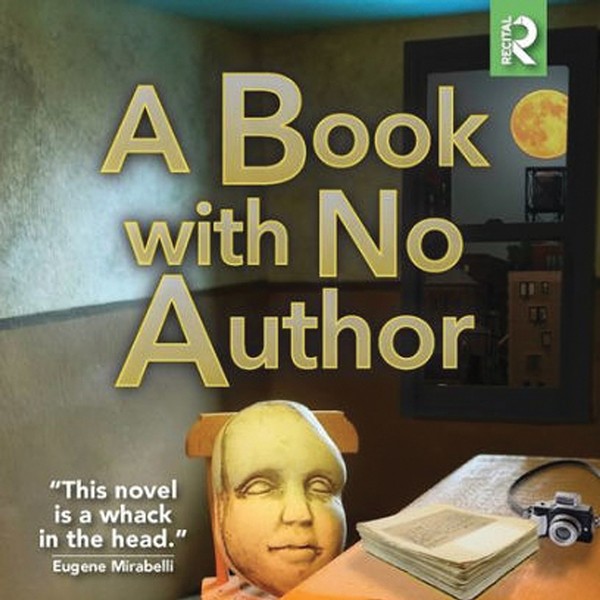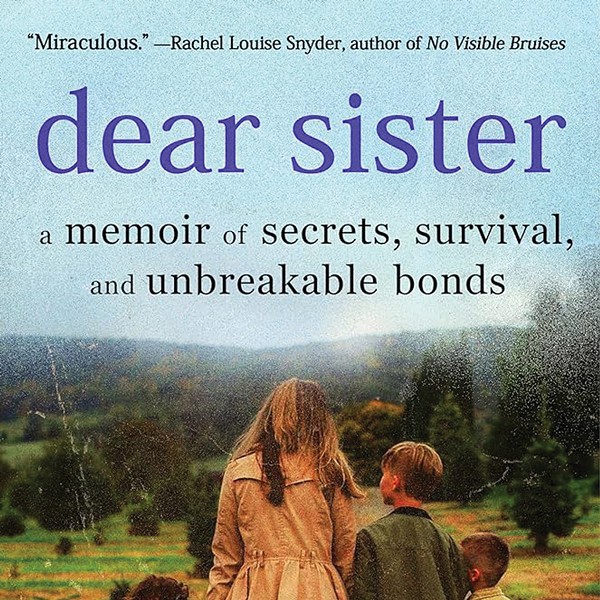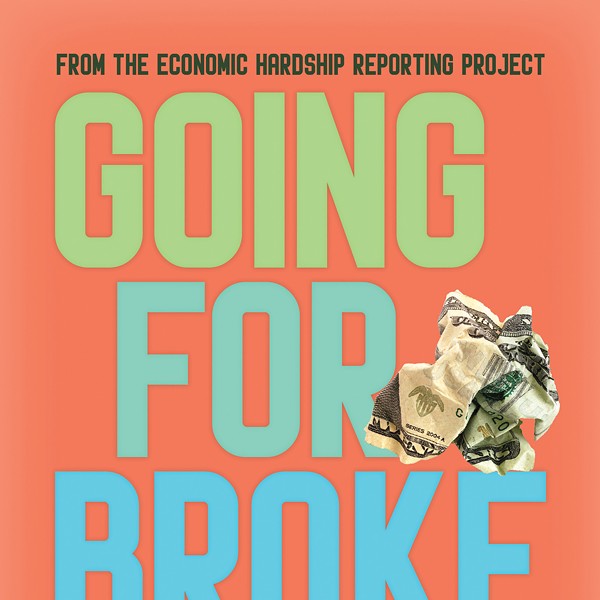Tobias Wolff speaks in a voice as direct and steady as an electric can opener. The award-winning writer’s telephone personality seems in keeping with incisive portrayals of life’s jagged resonances made audible in his memoirs, novels, and short stories. Known for candor and authenticity in depicting both real and invented characters, abetted by razor-sharp prose, the master storyteller has honed his craft over the course of four decades.
Wolff was born in Birmingham, Alabama in 1945. An unconventional, peripatetic upbringing followed, as chronicled in his 1989 PEN Faulkner Award-winning memoir This Boy’s Life. (A film adaptation in which Leo
nardo DiCaprio plays the author as a young teenager came out in 1993, but Wolff declines to discuss it.) Clear and unblinking, it inaugurated the memoir of self-disclosure. His parents divorced when Tobias was 10, separating him and his mother from his brother Geoffrey and their father. Tormented by an overbearing stepfather, adolescent Toby developed a proclivity for spinning tales and adopting various personae as a coping mechanism. A vocation as a writer inevitably emerged. “That was what I wanted to do from age 15. I never formed another ambition,” Wolff told me. “And I wrote a lot. Like most young people who begin to write I did it out of imitative admiration for writers I read. I even changed my name to Jack, for Jack London.”
Determined to escape a dismal life in rural Washington State, erstwhile Jack conned his way into an East Coast boarding school, the eventual setting for the 2003 novel Old School, finalist for a slew of national literary prizes. The book’s unnamed narrator, a fledgling writer, reveres Hemingway. “I hope I owe a debt to Hemingway,” Wolff acknowledges. “I admire him for the clarity, for the exactitude of his style. He’s really a musician (and wrote poetry too) in the way the words create certain sounds and carry from sentence to sentence. He was very influential in terms of suggesting an apparently natural style. He treated his past, but I saw the difference—writers dip their cup in the well of memory—but it didn’t confine him. Same with Fitzgerald. I really loved his work.”
Wolff admits “no hesitation in consulting memory,” as life experiences may supply social or cultural contexts for his work. A four-year stint in the Army, including Special Forces in Vietnam (1965-67), furnished the title for Back in the World (as American combatants referred to the United States). The 1985 short fiction collection includes a psychological portrait of an aging, disaffected enlisted man (“Soldier’s Joy”), and also examines a young returnee adjusting to civilian life (“Desert Breakdown, 1968”). Vietnam sparked a second critically acclaimed memoir, In Pharaoh’s Army: Memories of the Lost War (1994). Centered on moral transformation rather than carnage, it leads to the homecoming of a young man, soon to earn a degree in English from Oxford University. Though he “can’t imagine writing a third memoir,” Wolff allows that “the word ‘fiction’ or ‘story’ is letting the reader know this is a particular kind of work.”
Overlaps may remain. For instance, Wolff confronts the elusiveness of male bonding by treating the same situational memory within two categories of prose. The narrator of This Boy’s Life yearns for and mythologizes his largely absent biological father well into adulthood. “This way of thinking worked pretty well until my first child was born,” he writes. A similar mindset haunts the protagonist of short story “Deep Kiss.” Parallel scenes unite the men, each of whom cradles a newborn son. Uneasily, Wolff recalls “a shadow, a coldness at the edges,” attributing grief, then rage, to his father, “10 years dead by then.” As happens for Tobias in the memoir, “holding the baby” for fictive Joe powerfully summons his own father’s death, which feels like “a betryal, a desertion.”
Personal parenthood yet ahead in 1975, Wolff landed a Wallace Stegner Fellowship in Creative Writing at Stanford University; his first book (the novel Ugly Rumors) had just appeared in England. But a prouder achievement, “a great blessing,” was the 1976 publication in Atlantic Monthly of the prep-school-based story “Smokers,” which brought wide readership and “encouraging letters.” Earning a master’s and staying on at Stanford through 1980 as Jones Lecturer, he next joined the graduate faculty in Creative Writing at Syracuse University and continued publishing in topflight journals. His first short story collection, In the Garden of North American Martyrs, claimed the St. Lawrence Award for Fiction in 1982. The Night in Question (1996) and Our Story Begins (2008) cemented his reputation in the genre.
















